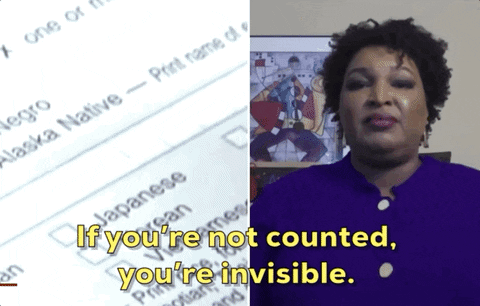20 Questions to help you develop your characters (11 - 20)
Part 2
Reading time: 4 min
Intro
Character Development is without a doubt my Achille’s Heel when it comes to creative writing.
Over the years, I tried countless exercises, techniques, methods that were—mostly—very fun to do, but that rarely helped. In the next few weeks (or months, depending on how much my newborn cries) I’ll share with you my journey towards mastery of character development, showing what I tried, what worked and what didn’t.
Photo by Evan Dennis on Unsplash
The Questionnaire
The simplest, most common and yet effective way to outline a complex character is with a questionnaire. Try to Google it. No, really. I’ll wait. Done? As you might have noticed, there are millions of pages with lists of questions that vary from 6 to 300 or more; and I’m not ashamed to say that I’ve indulged in a ridiculous number of them.
Although I did it because I’m a total dork for improving my writing, a pleasing side effect of my obsession is that you don’t (necessarily) have to do it. Now, I finally have distilled an ocean of questions into only 20. The reason I’ve chosen precisely those twenty is simple: they are irremediably entwined with plot. And because there is no character without a plot and vice versa, I found myself solving plot problems by simply answering character questions.
As always, take what’s useful, drop the rest, and leave a comment to let me know if you found it useful.
The only questionnaire you’ll ever need: questions 11 to 20
Read questions 1 to 10 here
11. What do they want?
Easy, right? Wrong. Characters’ wants can be tricky.
Probably you’ve heard that characters with an arc need a want that is in opposition to their need, and their arc represents their understanding of it. Although that’s true, a three-dimensional character can be much more complex. Of course they’ve got desires, but how comfortable are they showing them? Do they secretly crave for something they would never tell? How do they manifest it? How do they keep the secret? What would happen if someone found out?
12. Was it what they always wanted?
Let’s assume you’ve nailed the want of one of your characters. That’s the thing they will pursue for—at least—part of your story. Is it what they always wanted? Or did it change due to a traumatic event? Think about Bruce Wayne becoming Batman. He wants to bring justice to Gotham City because his parents were killed when he was a kid. He wasn’t born with the vigilante gene, he changed as a consequence of an event.
13. What can go wrong if they get what they want?
The story of a guy who wins the lottery and invests everything in an index fund withdrawing 4% annually for the rest of his life is maybe good advice, but not a good story.
What if they buy the wrong diamond with that money and end up being chased by the Russian mobsters? Now you’ve got a story.
Twist their want in a grey area and your plot will instantly become more compelling.
14. What do they need?
Everybody wants to win the lottery, but what most people need is to have the guts to work towards their goals—just as you’re doing now.
The most traditional of character arcs dictates that main characters should want something that is essentially bad for them, putting their desires in clear contraposition with their needs.
A simple way of thinking about it is the following: what does your character really need to change about himself to become better? That’s their need. Now, chose their want so that it widens the gap between the two.
15. What are their beliefs and values?
What are their core values and beliefs? They can be anything, from religious beliefs to political, and can even be unethical. Once you know what defines them as humans (or humanised animals and objects), reflect on their convictions.
Is there any point of friction? Do they refuse something about their beliefs?
What, instead, is unshakeable? And what would be the price for them to change their mind?
16. Is there a slogan able to sum up your character?
If you can sum up your character’s personality into a slogan, like the tagline of a politician, what would it be?
This is a great exercise to detach yourself from your characters and realise that they’re not as unique as you might think.
I’ve tried this recently for one of my villains and, guess what, I’m now using his slogan as his catchphrase in the novel!
17. What do they love?
Easy one. What or whom do they love? Why?
When did this love start?
18. What do they hate?
Same as the previous one. What or whom do they hate and why?
You can even use this as your inciting incident or as a backstory.
19. What are their secrets?
Make a list of things your character has never told anyone (or very few people).
What would happen if they got uncovered?
Under what circumstances would they reveal them?
20. What are their most beloved/loathed places?
We are all shaped by the places we live in or visit. Try to tie your characters to your setting as much as you can. If a story doesn’t change whether it’s set in space or in Middle-Earth, then it’s probably not deep enough.
What’s next
I’m currently experimenting with some non-canonical character development tools, and I would love to share my findings with you. Just check this space on Wednesdays.
Alla prossima
Photo by Joshua Earle on Unsplash




